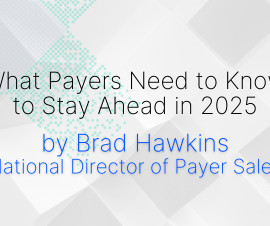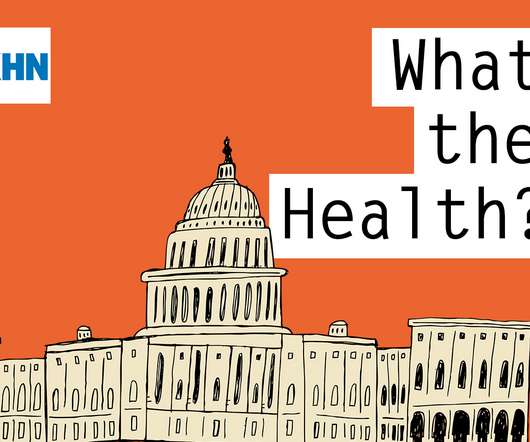What Payers Need to Know to Stay Ahead in 2025
MRO Compliance
JANUARY 16, 2025
With robust infrastructure, payers can comply with evolving standards and enhance patient satisfaction and care outcomes. Breaking the Prior Authorizations Bottleneck The prior authorization process has long frustrated providers, payers, and patients. This is why payers are now shifting toward pre-pay accuracy.
















Let's personalize your content